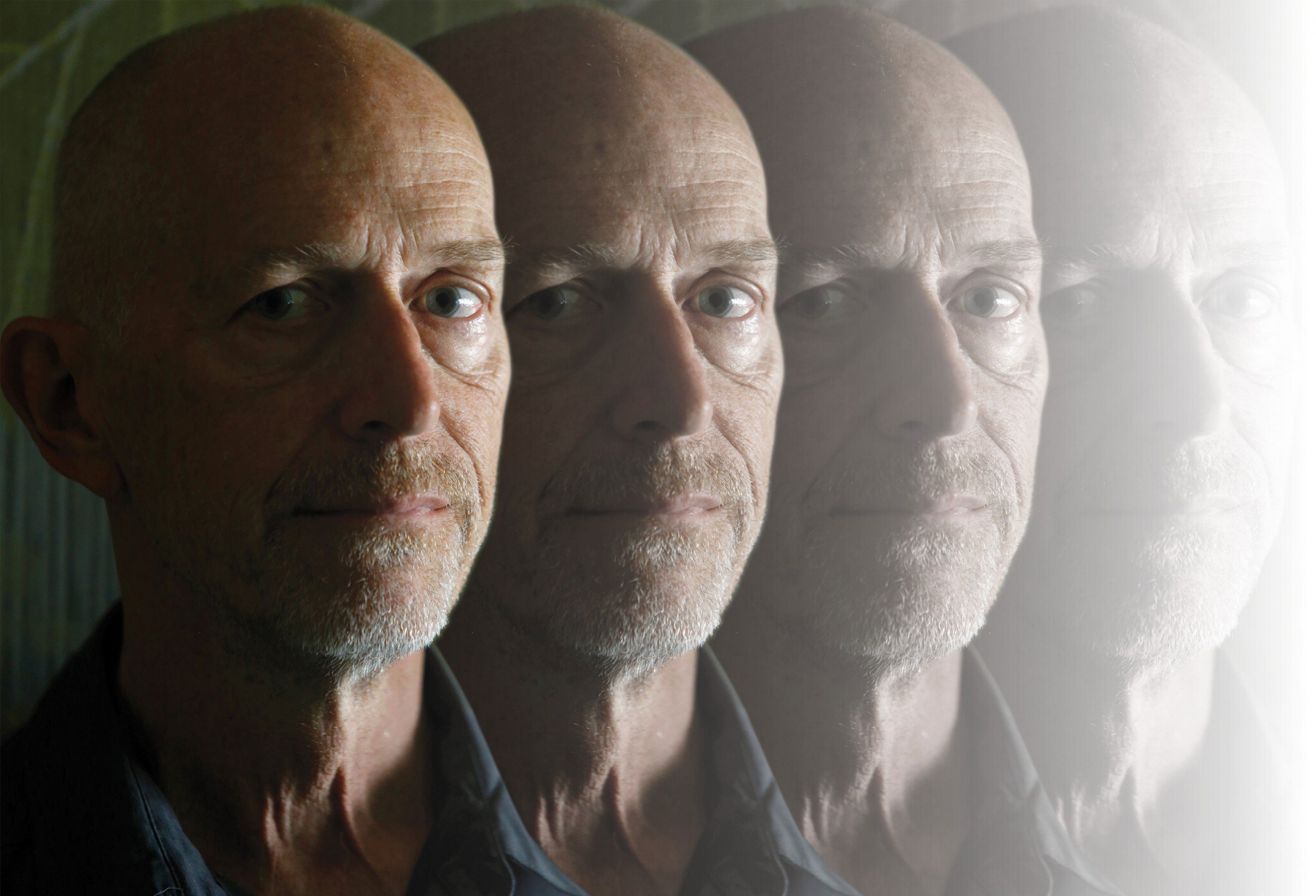To Clement, though, my age was great news. “Yep, you are going to live forever,” he said. “I think anybody under 50 who does not have a genetic liability will make it to longevity escape velocity.”
Clement, 63, is a spry man with a shaved head and clear eyes, who spends his days gulping vitamins and trying to figure out how to make people live longer, including himself, his parents, and even me. From a home and several outbuildings in Gainesville, Florida, Clement runs BetterHumans, which he calls the world’s “first transhumanist research organization.” With funds from wealthy elderly men he knows, he is independently exploring drugs known to extend the healthy life span of rodents. Using a calculator, he extrapolates what a suitable human dose might be, and then finds people who will take them.
If he thinks the results look safe and have a hint of promise, he will recommend the treatments to his parents, who are in their 90s, and to his financial supporters. “I don’t think it’s happening fast enough,” he says. “I use my parents as my motivation. If I were doing it for humanity—well, that is not as urgent.”
Clement’s open-plan kitchen is a laboratory too. On the counter, I saw pill bottles, and jugs half-full of white powders from Chinese suppliers, whose low prices are part of what allows his nonprofit to do human research “on a shoestring.”
“Are those all the vitamins you take?” I asked, pointing.




